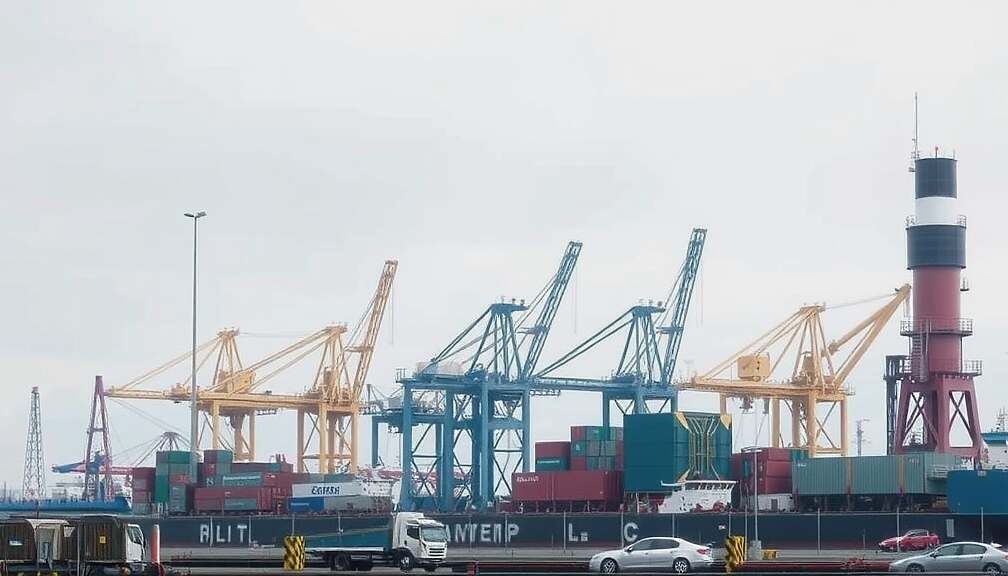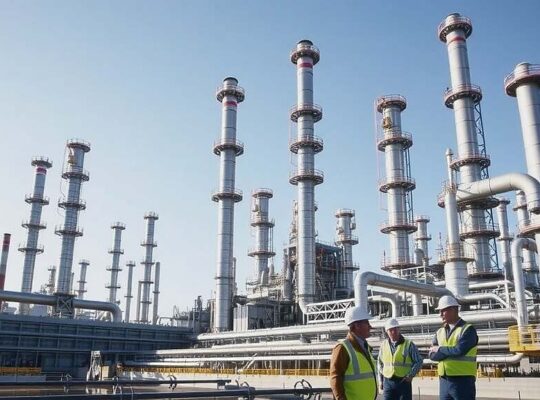Berlin is moving forward with a long-delayed initiative aimed at reducing Germany’s reliance on Chinese raw materials, signaling a renewed focus on securing critical supply chains amidst growing geopolitical tensions. The government is establishing a commodity fund, initially envisioned with a budget of €1 billion, to directly invest or offer guarantees for new resource extraction projects. The move, spearheaded initially by former Minister for Economic Affairs Robert Habeck, has faced significant bureaucratic hurdles and internal disagreements, bringing the fund’s very existence into question just weeks ago.
The deadlock, reportedly stemming from disputes over the fund’s budgetary allocation, threatened to derail the entire project, with sources suggesting its failure would represent a “fatal” blow to German economic resilience. The agreement reached between current Minister for Economic Affairs Katheina Reiche (CDU) and Finance Minister Lars Klingbeil (SPD) now averts this outcome, paving the way for the fund’s operationalization.
The first three projects slated for immediate support highlight the fund’s priorities. Notably, German firm Vulcan Energy, aiming to extract lithium in the Rhine Graben, will receive initial funding. This domestic project underscores a desire to bolster Germany’s own capabilities alongside securing international sources. Additional investments are planned for projects in Canada and Australia, further diversifying supply chains and mitigating dependence on China.
However, the swift progress now seems likely to spark debate. Critics will undoubtedly scrutinize the selection criteria for these projects, raising concerns about potential environmental impacts and the ethical implications of resource extraction in other countries. The domestic lithium project, in particular, is expected to face scrutiny regarding its sustainability credentials and the potentially significant land-use changes associated with mining operations. Furthermore, questions are likely to be raised concerning the long-term viability of the fund itself and whether the initial €1 billion allocation will be sufficient to address Germany’s complex and evolving raw material needs, especially given the scale of China’s dominance in several key sectors. The initiative’s success will hinge on its ability to navigate these challenges and deliver tangible, sustainable outcomes for the German economy.












